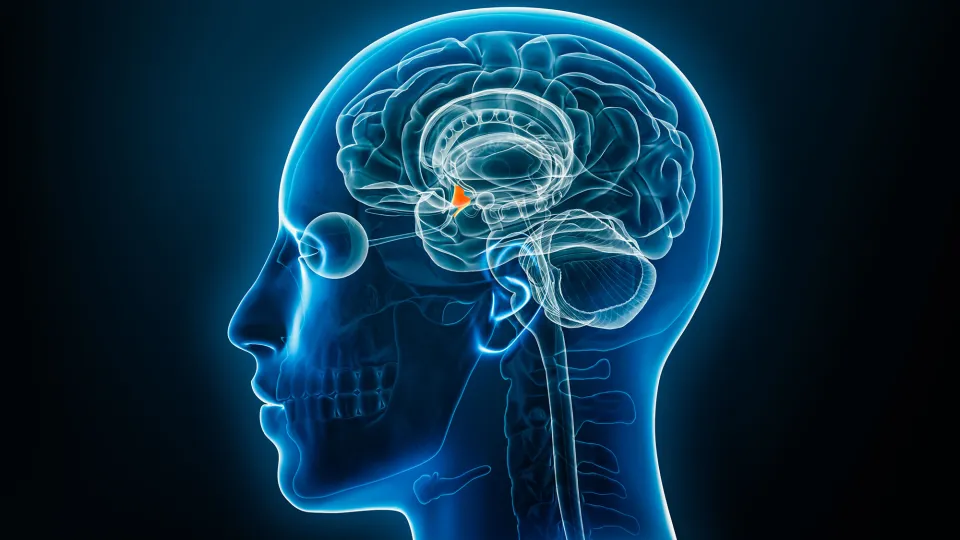
Rachel A. Ross, M.D., Ph.D.
- Assistant Professor, Dominick P. Purpura Department of Neuroscience
- Assistant Professor, Department of Psychiatry and Behavioral Sciences
- Assistant Professor, Department of Medicine
Area of research
- Stress, autonomic nervous system, neuroendocrinology, neuropeptides, systems neuroscience, metabolism, nutrient state, sex differences, obesity, eating disorders, development, endocrinology
Phone
Location
- Albert Einstein College of Medicine Rose F. Kennedy Center 1410 Pelham Parkway South Bronx, NY 10461
Research Profiles
Professional Interests
All organisms need to adjust their behavior to adapt to a changing environment. Feeding behaviors, for example, depend upon both internal states (i.e. hunger) and external realities, (i.e. food availability). Stress influences food-based decision making and metabolic outcomes, and failures in this behavioral regulation can lead to disease states, such as anorexia nervosa or obesity. Our translational laboratory uses systems neuroscience tools to better understand the pathophysiology and biology that underlies the behavior related to these diseases in hopes of reducing the associated stigma. We are focused on how neuropeptides regulate specific circuits at the interface of stress and metabolism, with an interest in sex differences and behavior differences that result in outcomes across the weight spectrum related to psychiatric and medical illness. We concentrate on two neuropeptidergic systems: the metabolism-associated melanocortinergic system, and the stress-linked PACAP system. In rodent models we use a combination of behavior studies, electrophysiology, in vivo Ca2+ imaging, pharmacologic, optogenetic, and chemogenetic manipulations to interrogate how these neuropeptides regulate neural circuits at the interface of stress and metabolism. In collaboration with clinical researchers, we work to apply our findings to inform investigations into human behavior using molecular, genetic, and qualitative approaches.
Current projects in the lab include:
- What is the role of the melanocortin-4 receptor in the medial prefrontal cortex in cognitive flexibility. Is it specific to food-related decision making?
- Does metabolic stress transmit a PACAPergic signal, and how is this different between males and females? How does this affect the reproductive axis?
- How does early-life food insecurity affect behavior and metabolic outcomes in later life?
Selected Publications
View the full list of publications
The role of mediobasal hypothalamic PACAP in the control of body weight and metabolism
Kramer NB’, Ross RA’, Johnson DQ, Fenselau H, Haggerty DL, Atwood B, Lowell BB, Flak JN. Endocrinology. 2021 Jan 18. (The ‘ indicates co-first author)
PACAP neurons in the ventral premammillary nucleus regulate reproductive function in the female mouse
Ross RA, Leon S, Madara JC, Schafer D, Fergani C, Maguire CA, Verstegen AM, Brengle E, Kong D, Herbison AE, Kaiser UB, Lowell BB, Navarro VM. eLife. June 2018 PMID: 29905528.
Circulating PACAP peptide and PAC1R genotype as possible transdiagnostic biomarkers for anxiety disorders in women: a preliminary study
Ross RA, Hoeppner SS, Hellberg SN, O’Day EB, Rosencrans PL, Ressler KJ, May V, Simon NM. Neuropsychopharmacology. Jan 7, 2020.
A brainstem peptide system activated at birth protects postnatal breathing
Yingtang Shi, Daniel S Stornetta, Robert J Reklow, Alisha Sahu, Yvonne Wabara, Ashley Nguyen, Keyong Li, Yong Zhang, Edward Perez-Reyes, Rachel A Ross, Bradford B Lowell, Ruth L Stornetta, Gregory D Funk, Patrice G Guyenet, Douglas A Bayliss. Nature 589 (7842), 426-430. Dec 2020







